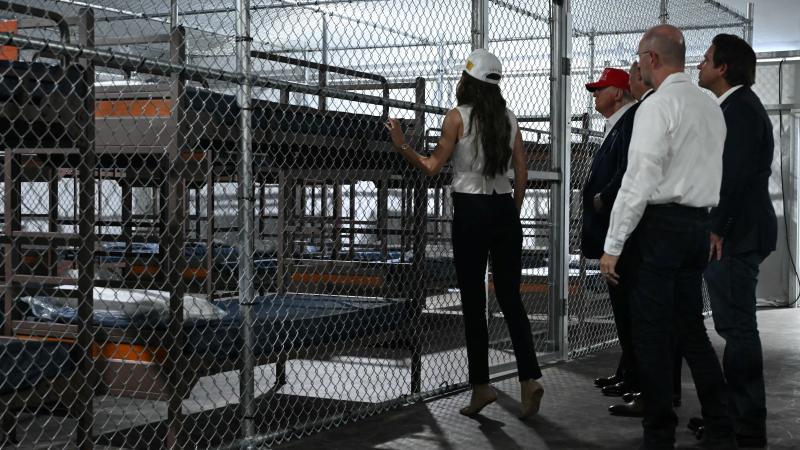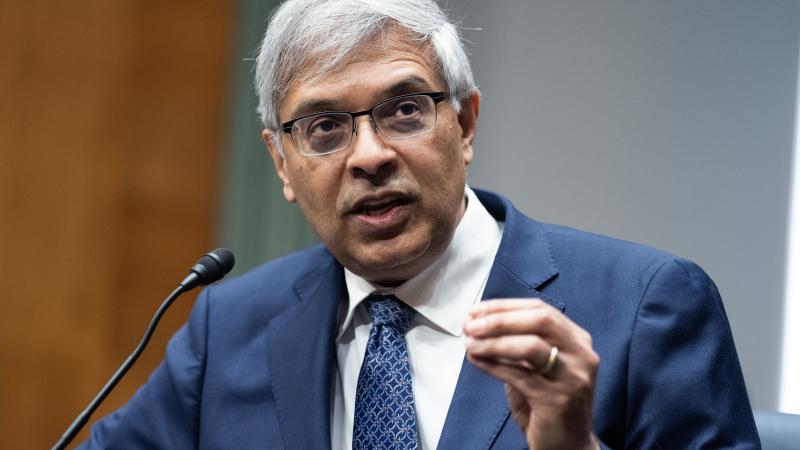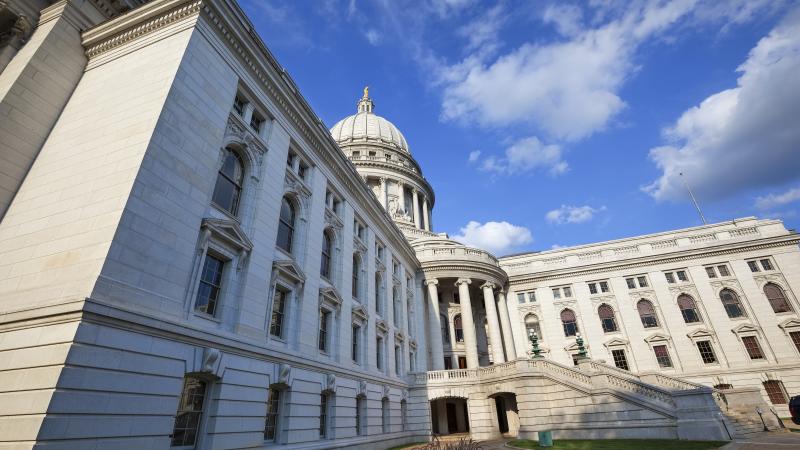Appeals court OKs 'terrorist watchlist'
The federal appeals court held that the government had the 'statutory authority to create, maintain, and administer the watchlist' that subjects listed persons to enhanced airport security screening
A federal appeals court on Thursday rejected a challenge to the Terrorist Screening Dataset, known colloquially as the "terrorist watchlist." The watchlist has two components: the Selectee List and the No-Fly List.
The challengers were four Muslim men who believe the government put them on the Selectee List, thus subjecting them to enhanced screening at airports, and one Muslim man previously on the No-Fly List.
The Department of Homeland Security does not comment on whether an individual has been added to the Selectee List.
The plaintiffs cited, as evidence of their placement on the Selectee List, that the TSA routinely subjects them "to enhanced screening on multiple occasions, including prolonged interrogations, border searches, and having 'SSSS' printed on their boarding passes."
The SSSS "designation may appear on passengers' boarding passes because they are on the Selectee List, 'random selection,' or for 'reasons unrelated to any status,'" according to the court.
The only issue before the appeals court was "whether the relevant agencies have statutory authority to create, maintain, and administer the watchlist."
A three-judge panel of the Fifth Circuit held the agencies possessed that authority.
"The Government’s statutory authority in this case is clearly authorized by Congress," concluded the court after a statutory analysis.













